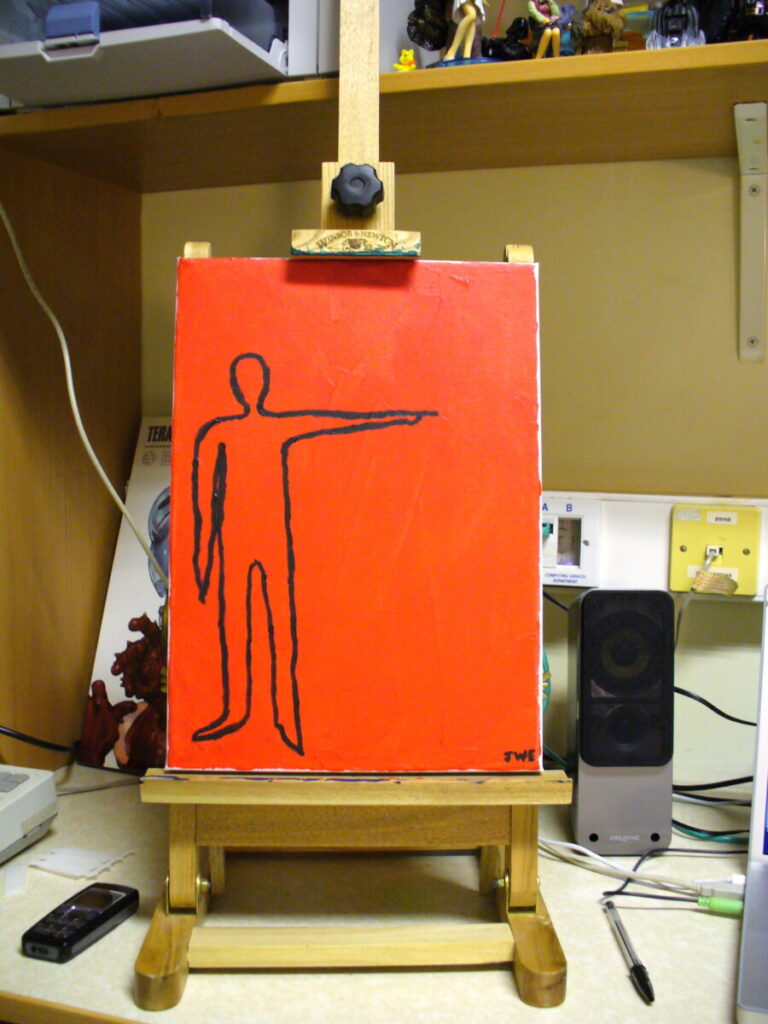
- Brief Introduction
- Beginning of Class Writing Assignment
- Click on the title of this blog post, “Week 12,” scroll down to the comment area, and write at least 250 words in response to this week’s readings. You can summarize the readings, you can relate the readings to your own experience or something else you have read or learned about, etc. Any writing of 250 words or more that are related to the readings are fair game for this weekly assignment at the beginning of class.
- Post your comment after 15 minutes even if you don’t reach the 250 word minimum threshold.
- Why we are doing this: It helps you organize your thoughts before discussion and it gives you regular writing practice.
- Discuss the readings assigned for Week 12.
- Discuss internships
- How are they going?
- Discuss the Professional Portfolio
- Include at least 10 deliverables (can be from internship, classwork, or your own initiative)
- Each deliverable needs an accompanying reflection of at least 250 words that describes the document’s purpose and context, your rhetorical strategy, and your methodology of creating it (i.e., workflow).
- In the coming classes, I will demo two different ways to create your portfolio so that it is public facing and easily linkable on your resume, LinkedIn Profile, etc.:
- Google Docs with a sharable link (an example)
- OpenLab/Wordpress website (an example)
- Weekly Log
- Remember to add an entry to your logbook for each week until the end of the semester and keep all of your logs in a single file (Google Doc, Word docx, OpenOffice odf, etc.). Include the first date of a given week for each entry at the top of the page. Write at least 250 words about your current or past experience as appropriate. For example, if you are currently in an internship, your logs should record your experiences, thoughts, challenges, solutions, etc. that you find significant each week. Or, if you have completed your internship, your logs can be about experiences, projects, interactions with people in the workplace, challenges, solutions, etc. based on your past experience. And, if you are continuing in a new internship for additional experience, you can write about that, too. The point is to write at least 250 words per entry with one entry per week about your experience in the internship.
- Why we are doing this: It helps you articulate your work experience so that you may better reflect on, consider, remember, and act on those experiences as you transition into the workplace. Additionally, it gives you extra writing practice, which research shows will automatically improve your writing ability.
- Review readings and homework for next week.
- Look through your course work and internship work for examples of your writing to include in your professional portfolio. This can include deliverables that you wrote by yourself and as part of a team. Have at least 5 on hand for next week’s class when we will work on the reflections for these deliverables during class.




One thing that stood out to me in article on technical writing and workplace appraisal was how it talked about the human computer relationship. I learned that the way technical writers think had to change in recent times. They had to stop thinking in terms of publications and texts and think about asset management. To me this means that technical writing is changing from being all about writing itself to revolving around revenue. It also talks about how it’s all about transforming text into data. All this is making me think about my future in technical writing as a career. I think that technical writing is going to involve a lot less writing and more computing, especially with AI, I think it may replace a lot of aspects of technical writing.
In the second article, it talked about social media and its place in the future. I think the main takeaway was that it may be more beneficial to workers to not be avid social media users. This is because it shows that you may be prone to wasting time, which is what social media is meant to do, be addictive. Moreover, being active on social media is easy and its common, now it’ll make you stand out more if you don’t use it.
(Re)Appraising the Performance of Technical Communicators From a Post humanist Perspective is an article that talks about how advancements and technology like artificial intelligence (AI) will need to be noticed and used by current and future technical writers because there are advancements now that the past did not have and current and future technical writers will need to expand their skill set to stay in the game. There is technology now that we can use and technology is going to be commonplace and we will need to master it. There are also appraisals or evaluations of employee work and that may seem unnecessary and not useful but it will help improve things. Performance appraisal is “grounded in 20th-century Taylorized management principles”.
Quit Social Media. Your Career May Depend on It is an article that talks about how you can get ahead without social media and why you shouldn’t use social media. The author is “a millennial computer scientist who also writes books and runs a blog” and you would expect him to have heavy social media us but he doesn’t have any social media accounts. Social media can hurt your career, is shallow, addictive, and makes you less able to be focused. You can get contacts and offers without having a strong social media presence. It is said social media gives you opportunities and contacts you would not otherwise have. You should “Be so good they can’t ignore you.” Once you do that everything else will fall into place. Improve your standing and you will get offers. Social media isn’t a productive use of time according to the author. Instead you should get off electronics, roll up your sleeves, and get to work.
This week’s NYT article by David Saracino was about social media not being as beneficial as some would assume. It suggests users sway away from using it. Saracino writes about his experience not using social media and how he is still successful in his field of work. Saracino’s claim that social media “can hurt your career” derives from his idea of social media being a distraction and not needing it to find opportunities/networks. I agree and disagree with his claims that social media can become a strong distraction. You can be on your social media page to make a post related to work but later find yourself stumbling on a post distracting your train of thought. However, I can’t entirely agree with that same claim. A distracted mind can always lead to slacking on your work, but if your job involves being creative, a distracted mind can also become very creative.
In our second reading by Jim Henry, I found it challenging to understand the message due to the use of vocabulary. Henry addresses the work of technical communicators using performance theory. The term “performance theory” was used by Mckenzie (2001); performance reviews were done to keep the company’s productivity, motivation, and work ethic on par with the goal of the company.
First, I looked at what posthumanism refers to, it may seem like a self-explanatory word but it consists of what’s under the surface dating back to the traditional boundaries between, the human, animal and technological. The Foucauldian understanding which is from the French philosopher Micheal Foucault’s ideas is the technical writer’s regular performance appraisal. The example of Pete, a fictional character, was provided to show how the performance appraisals were throughout the years in his career. Technology is advancing and with it so should we especially as a Technical Writer in the professional field.
The second article, “Quit Social Media. Your Career May Depend on It.” solidifies the many prior studies conducted and addresses a concern that many in today’s modern day, tech savvy norm evolve from. Social media can have an impact in your professional sphere. Andrew Sullivan recollects when he felt as though he had to update his blog every thirty minutes and nowadays many people are feeling the pressure to keep their social media updated. This is seen in many youths and professionals in the workplace. There have been complaints on social media about medical professionals seeking social media to create videos about their occupation and making videos while at work. The concerns seem to be rising from the lack of patient care that is assumingly happening while the healthcare worker is figuring out how to dance to the latest trends. In a world as a technical writer, these social media outlets, online resources should be thought of to be used in a successful outcome/rewarding manner.
The challenges that come along have an impact on one’s personal and professional life and individuals need to be mindful when using technology.